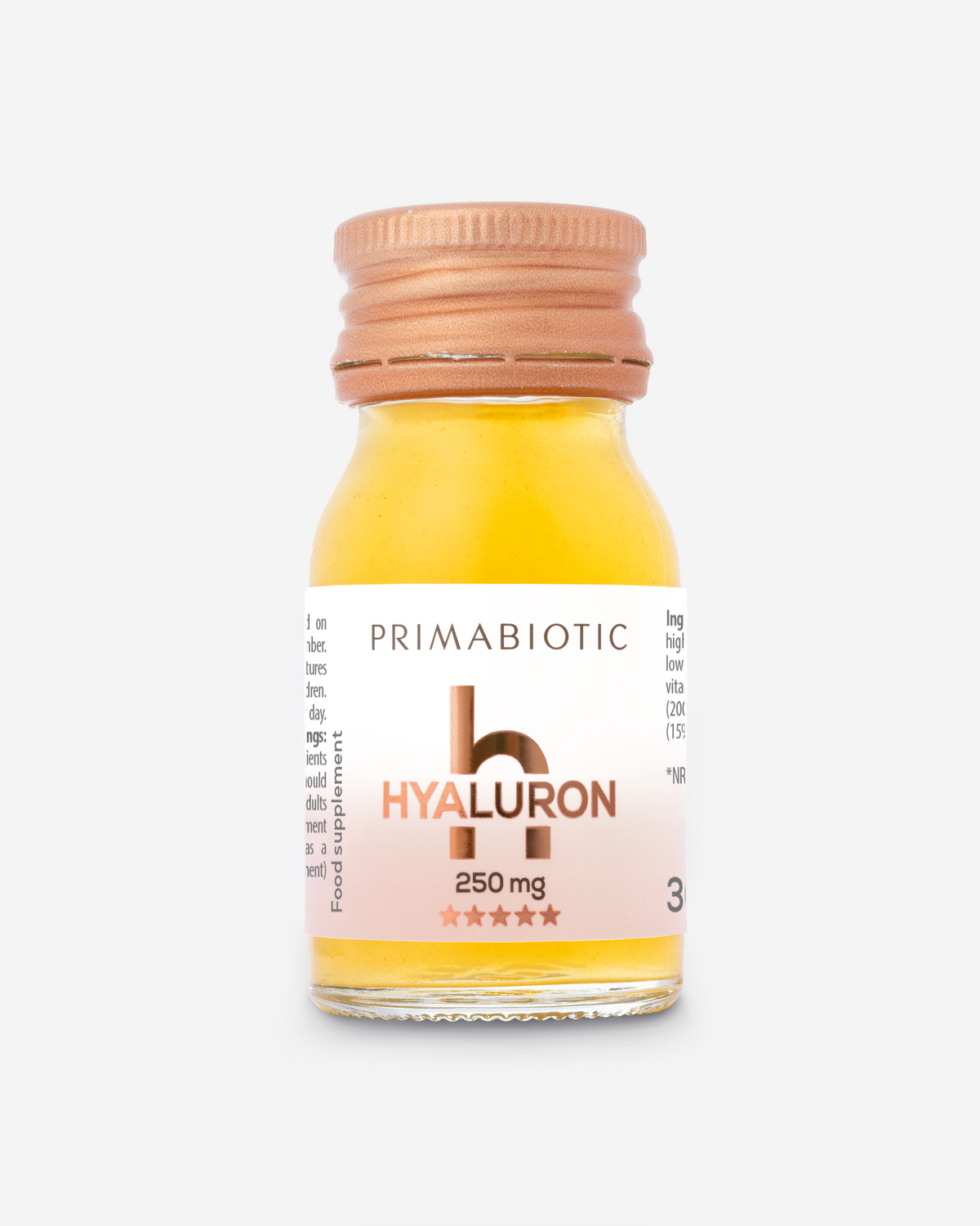Although collagen is often associated mainly as the "elixir of youth", our bodies owe much more to it. The right amount of collagen guarantees not only wrinkle-free skin but also healthy joints. What else might we not know about collagen? Here are some facts and myths on the subject.
Myth 1: Collagen supplements don't work
Numerous clinical studies have been conducted to verify the effectiveness of collagen in supplements. These studies have shown that collagen supplementation significantly increases skin hydration and the density of the collagen network, reducing the signs of skin aging.
Myth 2: Collagen supplements are exclusively for beauty-conscious people
Collagen proteins are the building blocks of all organs in the human body. Collagen also comprises hair, skin, nails, joints, and bones. Therefore, anyone using hydrolyzed collagen supplements can benefit from them.
Fact 1: The body's ability to produce collagen decreases after the age of 25
As we age, metabolic processes change. Organic matter begins to break down and diminish. This leads to the loss of youthfulness and the appearance of the first signs of aging, such as wrinkles, brittle nails, weakened hair, or joint pain.
Fact 2: Collagen can be found in food
In which products can you most commonly find collagen? Primarily in jellies, products containing gelatin, bone broths, cartilage, and chicken feet. A convenient option is dietary supplements that contain collagen, which are a good addition to the diet. It's important to remember that collagen is absorbed in the digestive tract, and its synthesis occurs in the presence of vitamin C.
Fact 3: Diet and collagen supplementation are essential
To maintain joint health over the years, collagen deficiencies in the body should be addressed not only through a diet rich in calcium and vitamin C but also with appropriate supplementation. Taking collagen supplements can help keep joints in good condition and functional for longer.
Check out similar entries:






